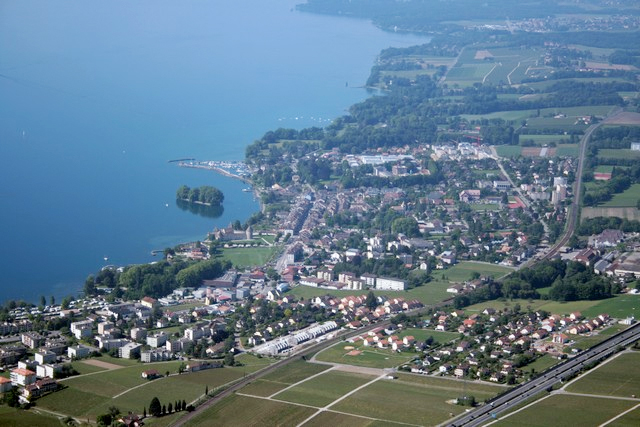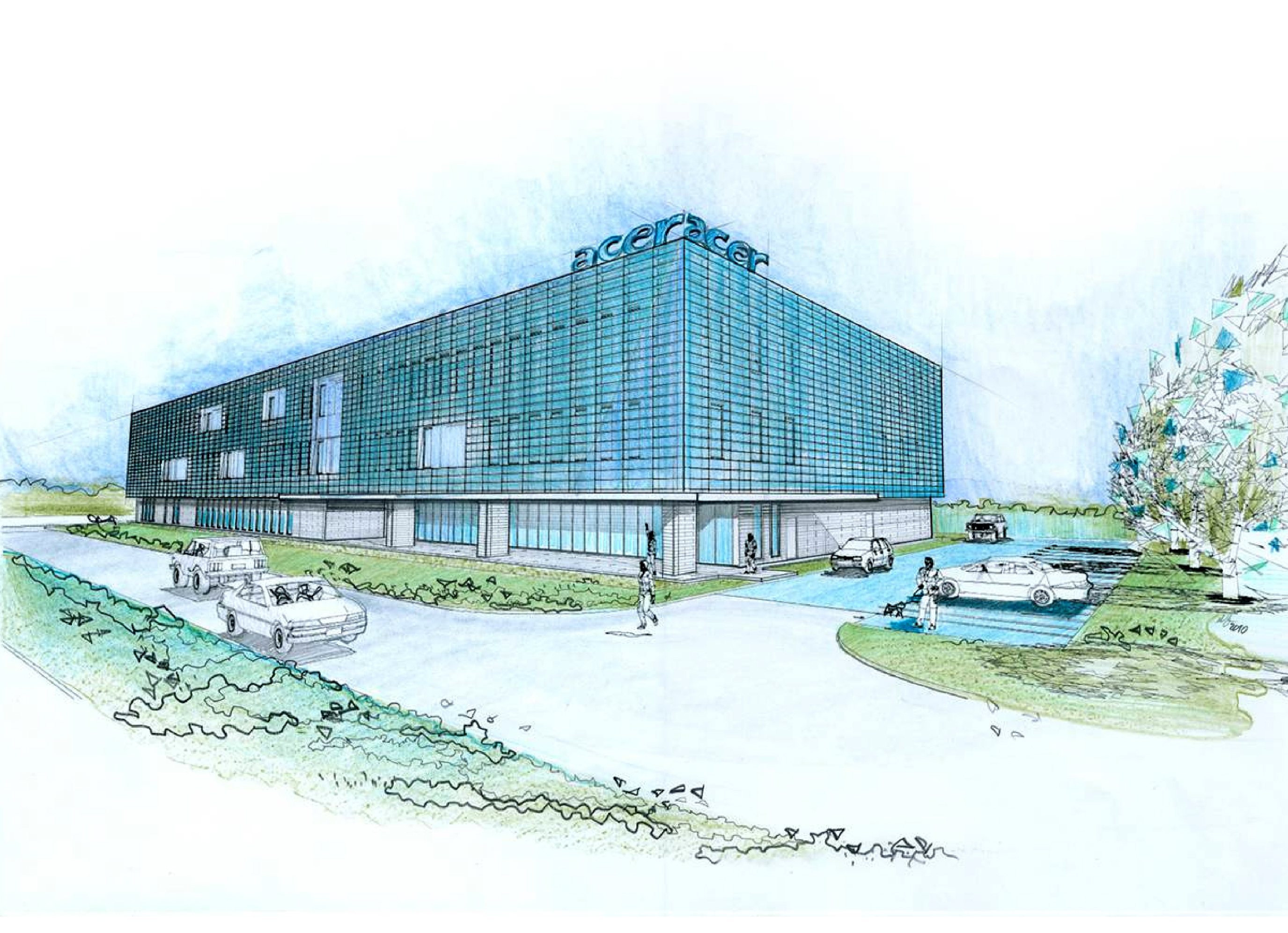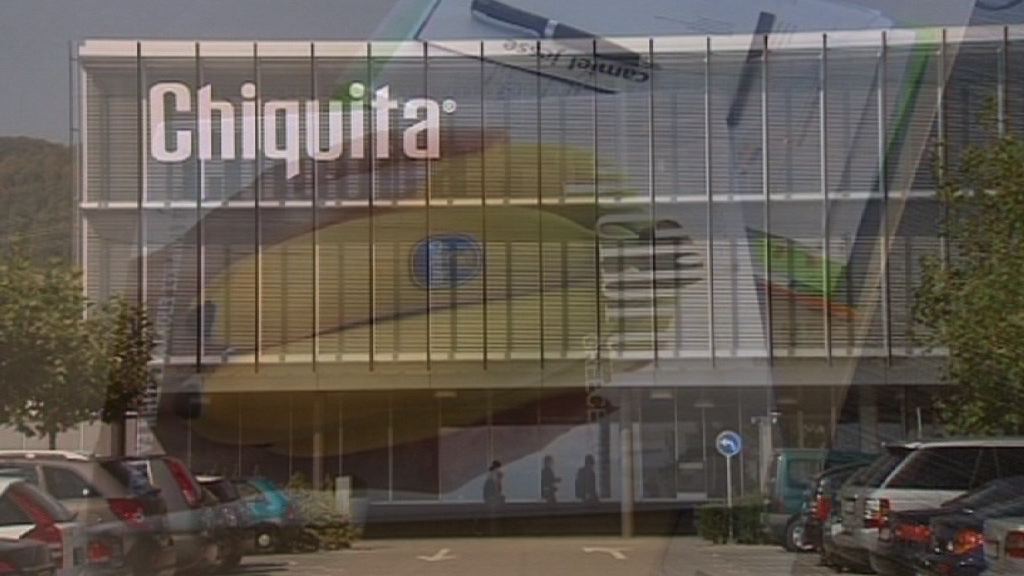Asian firms ponder “location Switzerland”

Switzerland faces a tough battle to persuade a multitude of Asian companies to set up headquarters or other operations inside its borders.
Firms in China, India and other Asian nations are extending their global reach as their economies boom. Switzerland already attracts European and United States operations, but is viewed by many Asians as a tourist destination.
A study conducted in 2009 estimated that between 1,400 and 3,200 Chinese, Taiwanese, Indian and South Korean companies could consider setting up European HQs within the next 15 years.
The report – compiled by the Osec Swiss Business Hub, the Swiss-American Chamber of Commerce and McKinsey consultants – believes 120 to 260 of these firms could choose Switzerland as a destination.
That would generate up to 120,000 new jobs and contribute an extra SFr20 billion ($22 billion) to the Swiss economy.
But the potential goldmine of Asian companies remains tantalisingly out of reach until Switzerland improves its image as a business destination in Asia and can show that being outside the European Union is no hindrance to foreign firms.
Not just taxes
One Chinese company – GA Pak, that manufactures aseptic packaging for the food industry – recently set up its European HQ in Winterthur. GA Pak’s Director of International Business, Peder Berggren, admitted that his European background and past experience of living in Switzerland helped to point him in the direction of the country.
Switzerland’s central location, good transport links to key markets, highly skilled workforce and strong financial centre were bigger pulls than low corporate tax rates. “Tax figured as a criterion, but it was not high up on our agenda,” Berggren told swissinfo.ch.
Switzerland’s close trade and administrative links with the EU make up for the Swiss opting out of the European economic bloc, according to Berggren. And he found that the multi-layered cantonal set-up accelerated access to local decision makers.
“Switzerland is straightforward, well regulated and an uncomplicated place to set up a business,” he said.
But while Winterthur will be the setting for up to 15 staff conducting management, human resources and service operations, GA Pak is building its first manufacturing plant in Germany.
“We chose Germany as a manufacturing base because it is an optimum location for shipping while offering a skilled work force and low labour costs,” Berggren told swissinfo.ch. “There are a number of regions within the EU that offer incentives to attract inward investment.”
Catching up
The strong suggestion is that large scale operations with lots of staff would struggle to find a home in Switzerland on cost efficiency grounds.
Another Chinese company that came to Geneva amidst much fanfare in 2007 relocated its HQ to London two years later. Online trading giant Alibaba told swissinfo.ch that, rather than finding a problem with Switzerland, it decided to move closer to its main customer base that was fast expanding in Britain.
There have been some recent examples of Asian firms investing in the Swiss market. These include Indian software firm Birlasoft, Taiwanese computer makers ASUS, Japanese medical devices manufacturer Terum and Chinese solar energy specialist Suntech.
Switzerland is striving to close the gap on other countries, such as Germany, Sweden, Britain, France and the Netherlands, that have so far taken the lead as preferred locations.
The Netherlands took up 45 per cent of Japan’s foreign direct investments in Europe in 2008 compared to 0.5 per cent for Switzerland. Indian firms have also traditionally looked more to Britain due to the historical links between the two nations.
Image improvement
There is hope that a free trade agreement sealed with Japan in 2009 and the launch earlier this year of negotiations for a similar treaty with China will boost Switzerland’s standing among Asian firms.
Osec has also combined with the State Secretariat for Economic Affairs (Seco) and cantonal clusters to set up business hubs around the world in an effort to boost Switzerland’s profile.
Those efforts are starting to pay off, according to Zhen Xiao, general manager of the Swiss Center Shanghai. “Entrepreneurs used to think of Switzerland as a nice place to visit, but not as a centre of technology and industry,” he told swissinfo.ch.
“That perception is changing as Chinese firms look to move closer to their new customers. Apart from competitive tax rates, Switzerland’s flexible labour laws, and the more widespread use of English compared to some other countries, is being recognised.”
Establishing an initial cluster of pioneering Asian firms in Switzerland is an essential first step as experience shows that newer companies tend to follow the same path as their predecessors.
The Osec, McKinsey, Swiss-American Chamber of Commerce report of 2009 points out that many Asian companies are thinking about expansion overseas as their domestic economies boom.
While many firms are still concentrating on rapidly expanding home markets that still have plenty of room for growth, others are contemplating new customers abroad.
The report estimates that 1,400 to 3,200 companies in the region could start to steer an expansionary course in the next 10 to 15 years. Switzerland should aim to capture 120 to 260 European HQs of these multinational firms.
The report focuses on companies in China, Japan, India and South Korea. The key industries are industrial and high tech manufacturing, plus information technology, pharmaceutical and biotech.
One European HQ could generate 100 direct jobs and four times that number in indirect jobs. Such a large operation would generate up to SFr80 million to the Swiss economy.
In reality, many subsidiaries or service HQs set up in Switzerland are staffed by far fewer employees and large scale manufacturing operations tend to be established in countries with lower labour costs.
There are some 100 Indian companies present in Switzerland, the largest number from the countries studied. However, only half of these have substantial operations here.
Examples of large multinational Asian companies in Switzerland include Tata Consulting, Acer, Nissan, Bank of China, Japan Tobacco and Suntech.

In compliance with the JTI standards
More: SWI swissinfo.ch certified by the Journalism Trust Initiative





You can find an overview of ongoing debates with our journalists here. Please join us!
If you want to start a conversation about a topic raised in this article or want to report factual errors, email us at english@swissinfo.ch.